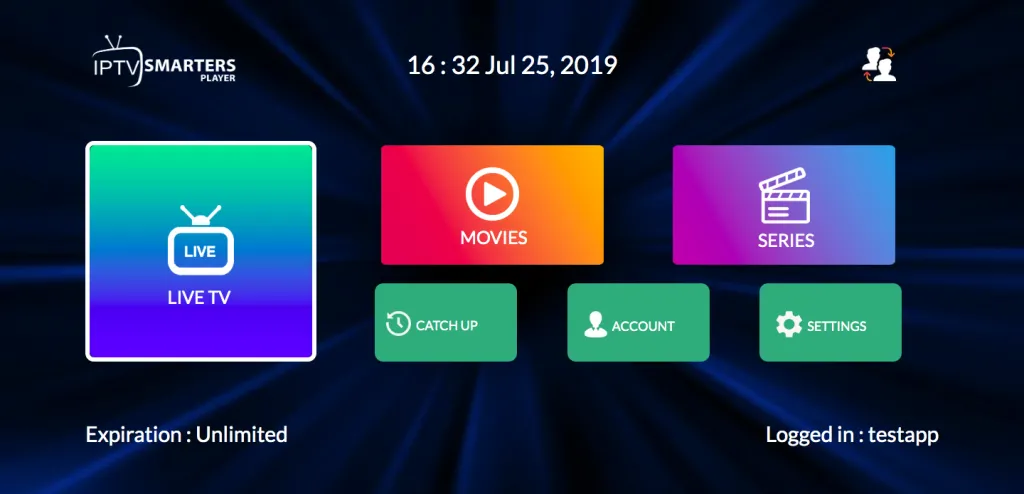
For starters, we need to get into how there’s both the broader meaning of “IPTV” and what it’s come to mean online. IPTV is short for Internet Protocol Television, and it typically refers to any kind of television content streamed over the internet. This applies to streams that you can access through web browsers, standardized media players like VLC, and app-based streaming services. It can also include cable TV-like services using specialized hardware, such as AT&T’s now-defunct U-Verse TV service. As long as it’s transmitted over internet protocols, it’s considered IPTV. (If you did use U-Verse, this is why AT&T didn’t support CableCARD for use with third-party DVRs, but Verizon Fios does; Fios uses cable TV standards, not IPTV.)
In practice, when you see “IPTV” discussed online, it’s generally referring to live streams that are available unencrypted to anyone on the internet. Sometimes, that includes bootleg services that are re-streaming commercially available TV networks or movies. These bootleg services are rarely legal, though sometimes they do point you toward legal services. FoxSports.com, for example, doesn’t even have “Copy Video Address” disabled on its web streams. But we’re not here to talk about that, are we?

